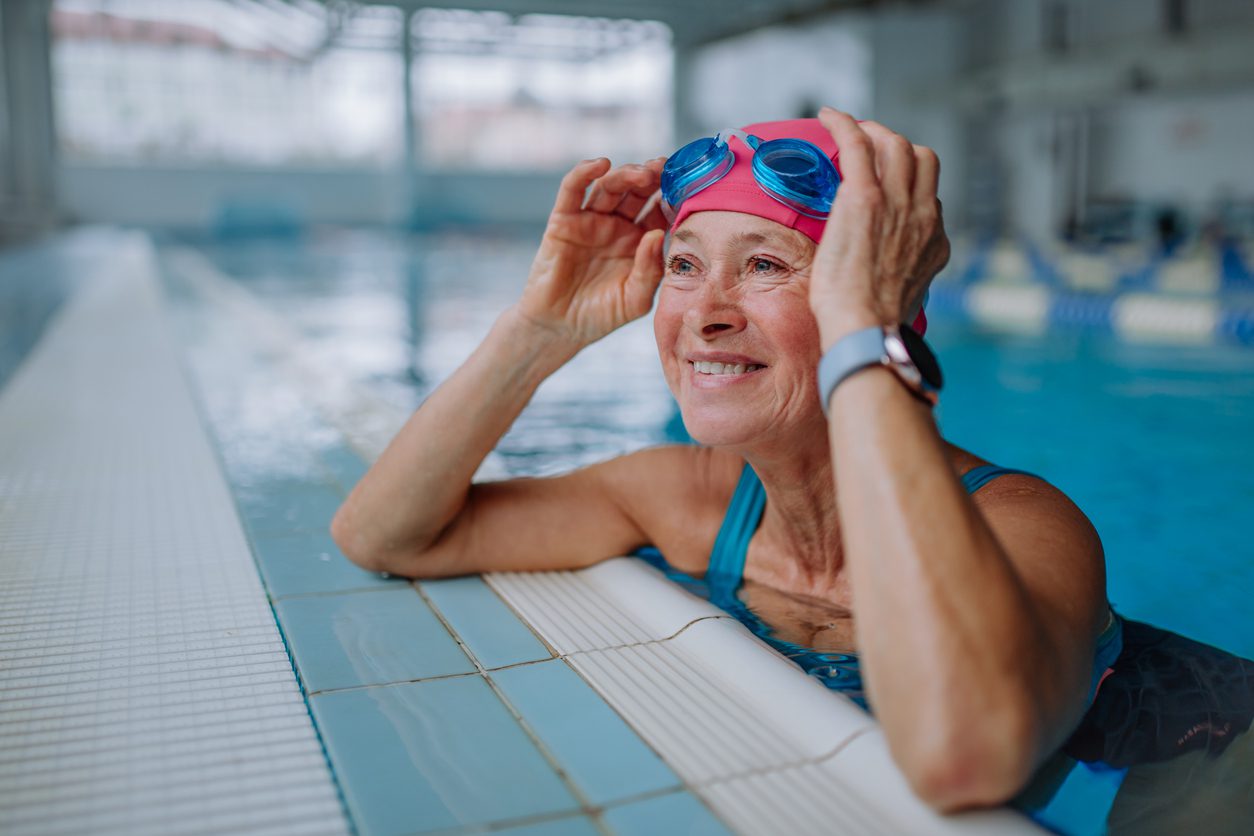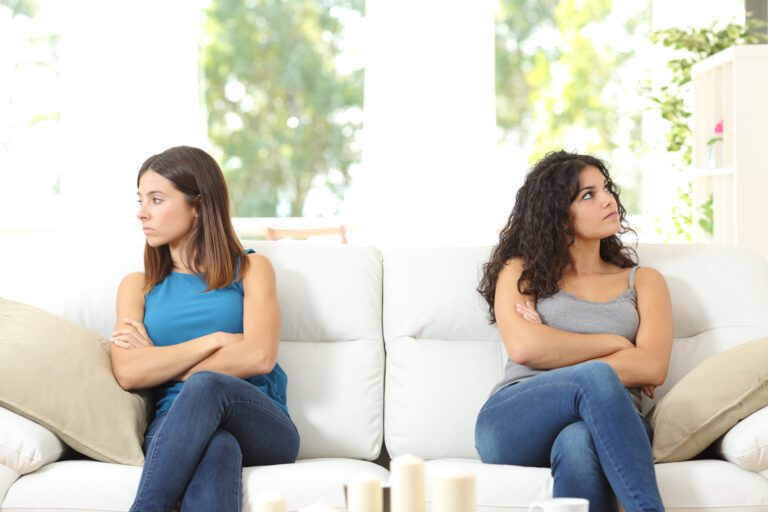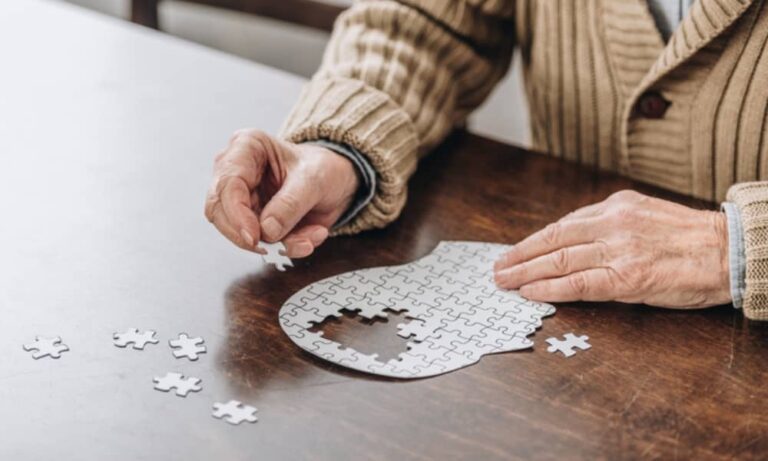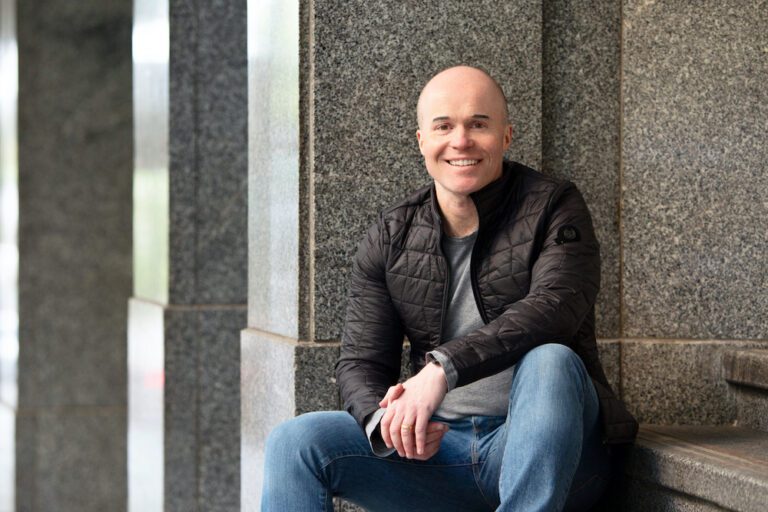In years gone by, the focus of healthcare was to extend a person’s life. In 1920, life expectancy was around 54; today at birth in New Zealand it’s 82.8. As life expectancy continues to climb, modern medicine is now focusing on the quality of life, as well as the quantity.
My grandfather turned 105 this year. He is on no medication, lives a self-sufficient life in his own home and regularly welcomes friends and family for a cup of tea or sundowner. His philosophy on life is to live simply, move often and stay social, and it has served him well. His meals have always been small and basic: usually a piece of fish with veggies, or a bowl of soup and an occasional piece of homemade apple pie. He has always loved fishing and golf, or pottering around the house, and his number one priority is his family and friends.
Without realising it, he has been living a life that recent research has shown to be ideal for promoting quality of life.
New Zealand may have one of the highest life expectancies in the world, yet one-third of deaths are considered premature because the person was under the age of 75. Chronic diseases such as cancer, coronary heart disease and diabetes are leading causes of ill health and death in the country, and most diseases are in five disease groups: cancer, cardiovascular diseases, mental and substance use disorders, musculoskeletal conditions, and injuries. While countless research teams are trying to develop cures for such ailments, lifestyle factors can also be implicated in contributing to some of these diseases.
Move often
Research published in November 2021 by a team of evolutionary biologists and biomedical researchers at Harvard University revealed that remaining physically active as you age protects you against chronic illnesses that can lead to premature death. This is because physical activity later in life shifts energy away from processes that can compromise health and toward mechanisms in the body that extend it. “It’s a widespread idea in Western societies that as we get older, it’s normal to slow down, do less, and retire,” said Harvard evolutionary biologist Daniel E. Lieberman, the paper’s lead author. “Our message is the reverse: as we get older, it becomes even more important to stay physically active.”
The team emphasised that the key health benefit of physical activity is to extend the human health-span, which is defined as the years of life spent in good health. Physical activity levels have been decreasing worldwide as machines and technology replace human labour. The researchers’ advice? Get out of your chair and get in some exercise. “The key is to do something, and to try to make it enjoyable so you’ll keep doing it,” Lieberman said. “The good news is that you don’t need to be as active as a hunter-gatherer. Even small amounts of physical activity – just 10 or 20 minutes a day – substantially lower your risk of mortality.”
Stay social
The pandemic tested our social lives and highlighted the importance of good mental health and social connections. While some people could remain socially connected by meeting outdoors or via technology, social isolation was a common phenomenon for many people.
Social isolation is a lack of contact between an individual and society. In contrast, loneliness is the feeling of being alone and reflects a temporary and involuntary lack of contact with others. Research by the University of York shows that since the pandemic, rates of loneliness and depression have increased, and that research and focus needs to be placed on the psychological impact of enforced isolation, disruption to daily routines, loss of social contact and loneliness.
Recent research published by the British Medical Association’s General Psychiatry journal also says it’s not only the increased incidence of mood and anxiety disorders that’s worrying – it’s the long-term influence on all-cause mortality due to social isolation, loneliness or living alone. Current evidence suggests that mental health issues may arise after the peak of the pandemic, with increased prevalence among vulnerable populations and people with risk factors. For example, frontline medical staff and community workers may develop occupational burnout or post-traumatic stress disorders, and the general population may continue to worry about new waves of the pandemic, their jobs, business and economic income, and vaccine safety.
“Being connected to others socially is widely considered a fundamental human need – crucial to both wellbeing and survival. Extreme examples show infants in custodial care who lack human contact fail to thrive and often die,” said Julianne Holt-Lunstad, professor of psychology at Brigham Young University. Her research found that social connection is associated with a 50 per cent reduced risk of early death. “There is robust evidence that social isolation and loneliness significantly increase risk for premature mortality, and the magnitude of the risk exceeds that of many leading health indicators.”
She recommends a greater priority be placed on research and resources to tackle this public health threat from the societal to the individual level. For instance, greater emphasis could be put on social skills training for children in schools, and doctors should be encouraged to include social connectedness in medical screening. Community planners could include shared social spaces that encourage gathering and interaction, such as community gardens.
Holt-Lunstad also suggests that people prepare for retirement socially as well as financially. Additionally, for people who really want to improve their social skills, there is therapy, counselling and social skills training.
Live simply
Steve Jobs is quoted as saying: “One of my mantras has been – focus and simplicity. Simple can be harder than complex: you have to work hard to get your thinking clean to make it simple. But it’s worth it in the end because once you get there, you can move mountains.”
Of course, to live simply is different for each person: for example, a simpler life can mean achieving a better work-life balance, decluttering your home, living a more sustainable life, or taking more time for relaxation or social activities.
In her book, Choosing Simplicity: Real People Finding Peace and Fulfillment in a Complex World, Linda Breen Pierce explains that living simply does not require the rejection of material comforts, but it does involve unburdening and living more lightly with fewer distractions. Choosing a simple life requires time and energy to discover what is most important to you, what brings you happiness, and what you really want.
Although materialism and consumerism are a large part of our modern culture, they have been linked to dissatisfaction and unhappiness. Research by the University of Chicago found that loneliness increases over time for consumers who value material possessions as a measure of success or a type of “happiness medicine”.
As an alternative to the high-consumption lifestyle, voluntary simplicity (also referred to as minimalism) involves a lifestyle that is focused on reducing consumption and the excess in one’s life so that individuals can focus on prioritising their values. Research by the University of North Texas in October 2021 reviewed literature for studies that explored the relationship between voluntary simplicity and wellbeing. Overall, a consistent positive relationship was found between voluntary simplicity and wellbeing.
The researchers suggested three reasons for the connection between voluntary simplicity and wellbeing.
The first reason was that it’s possible that voluntary simplicity enables individuals to shift their focus from external factors, such as accumulating wealth and possessions to be happy, to internal factors that are more likely to satisfy their core psychological needs. Second, that voluntary simplicity enables individuals to replace materialistic values with other types of values that are more likely to lead to wellbeing (such as relationships, health, personal growth). And finally, voluntary simplicity may lead to lower levels of consumption desires, which may lead to higher levels of wellbeing.
Don’t delay that check-up
Yet another of the unfortunate impacts of COVID-19 has been delays in the diagnoses and treatments for various cancer types, which may lead to worse outcomes for patients.
The causes for most cancers are not fully understood. However, some factors that place individuals at a greater risk for cancer are well recognised, including tobacco smoking, alcohol consumption, high intake of particular foods (such as processed meat and foods that are high in fat), being overweight or obese, physical inactivity, UV radiation, infections, occupational exposure to agents and family history and genetic susceptibility. Thanks to developments in medicine and procedures, five-year relative survival for cancer improved from 51% to 70% since 1988. While breast, prostate and skin are the three most commonly diagnosed cancers, lung cancer is the most common cause of cancer death. Cancer Australia recently released a report showing another negative impact of COVID-19 with fewer cancer-related diagnostic procedures services for 14 cancer types indicating a marked number or people delaying diagnosis and treatment. “Any potential delays in diagnoses and treatment in response to these reductions in services may lead to more cancers being diagnosed at a later stage and poorer outcomes for some patients,” said Professor Dorothy Keefe, CEO Cancer Australia. “It’s an important reminder that cancer won’t wait, and we do encourage anyone with a symptom or new change in their body not to delay seeing their doctor to have it checked out. Most symptoms are due to something less serious than cancer, but if it is cancer, the earlier it is found, the better.”







